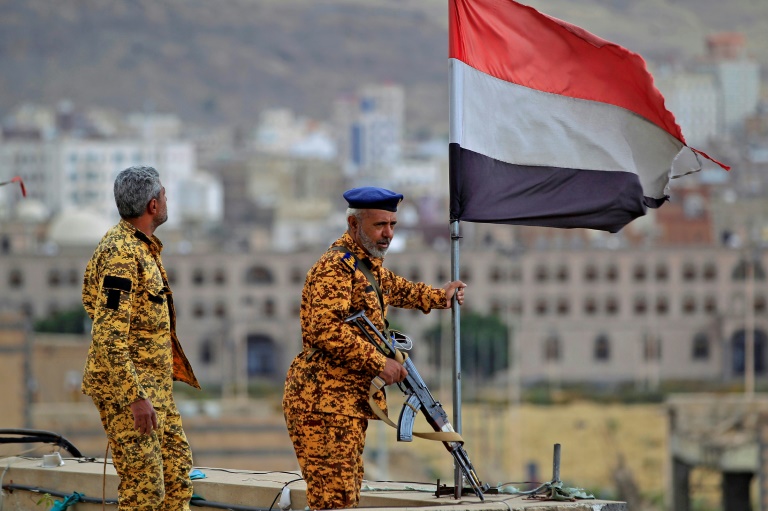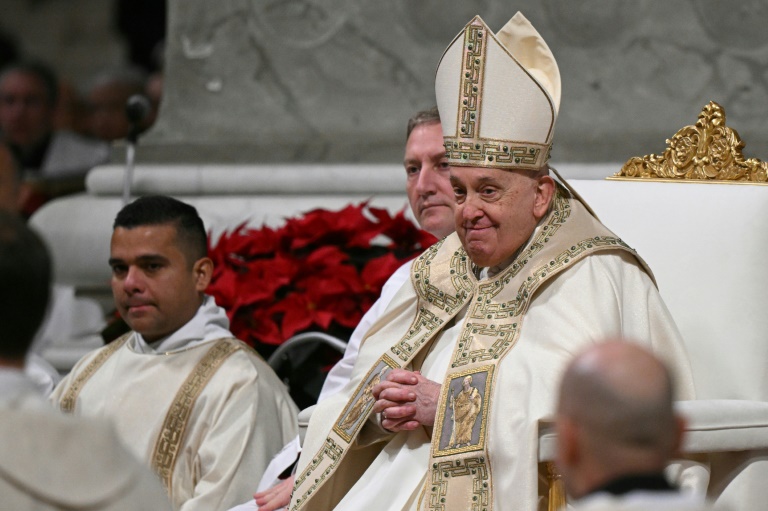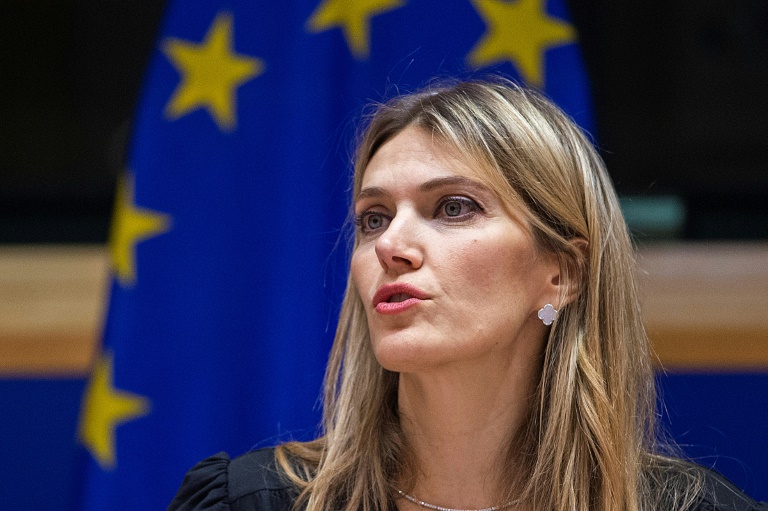AFP
An exchange of nearly 900 prisoners from Yemen’s civil war will start on Friday, one day later than previously announced, a government official said on Wednesday.
No reason was given for the delay to the three-day exchange, in which prisoners will be flown between cities in Yemen and its oil-rich neighbour, Saudi Arabia.
The biggest prisoner swap since 2020 is taking place after a delegation from Saudi Arabia, which launched a military intervention in 2015, held talks with Yemen’s Iran-backed Huthi rebels this week in an attempt to end hostilities.
Hundreds of thousands of people have been killed by direct and indirect causes in a war that left many on the brink of famine in a country which was already the Arabian Peninsula’s poorest.
A six-month United Nations-brokered truce that officially lapsed in October is still largely holding.
“It has been confirmed that the exchange process will start on Friday morning,” tweeted Majid Fadael, spokesman for the government delegation negotiating the exchange.
The prisoner transfers “will last for three days, starting on Friday and ending on Sunday”, said Fadael, revising the timetable he announced on Tuesday.
The Huthis are releasing 181 prisoners, including Saudis and Sudanese, in exchange for 706 detainees held by government forces, according to an agreement reached last month in Switzerland.
Yemen has been at war since a Huthi advance in 2014 saw them seize the capital Sanaa, leading the Saudi-led coalition to intervene in March 2015 to support the ousted, internationally recognised government.
The Saudi ambassador to Yemen, Mohammed Al-Jaber, flew to Sanaa for talks with the Huthis this week, saying he wanted to work towards a “political solution” to the conflict.
But Huthi government sources, speaking anonymously as they are not authorised to brief media, downplayed hopes of reaching agreement by next week, the end of the Muslim holy month of Ramadan.
“The talks between the Saudi delegation and the Huthis did not reach a final result yet to complete an agreement that was expected to be signed at the end of Ramadan,” a source told AFP, information that was confirmed by another official.
“The Saudis presented their vision of a solution and wanted to be mediators in resolving the crisis alongside the Omanis, but the Huthi political and religious leaders insisted that Riyadh be a party to the agreement and not an intermediary,” the source added.
The uptick in diplomacy and optimism follows last month’s landmark announcement that heavyweight rivals Saudi Arabia and Iran will resume ties, seven years after an acrimonious split.
The US special envoy for Yemen, Tim Lenderking, left for the Gulf region on Tuesday, his spokesperson announced in a statement, saying “Yemen is witnessing an unprecedented opportunity for peace.”
Lenderking “will meet with Yemeni, Saudi, and international partners to discuss the necessary steps to secure a durable ceasefire and inclusive, UN-mediated political process”, the statement said.







